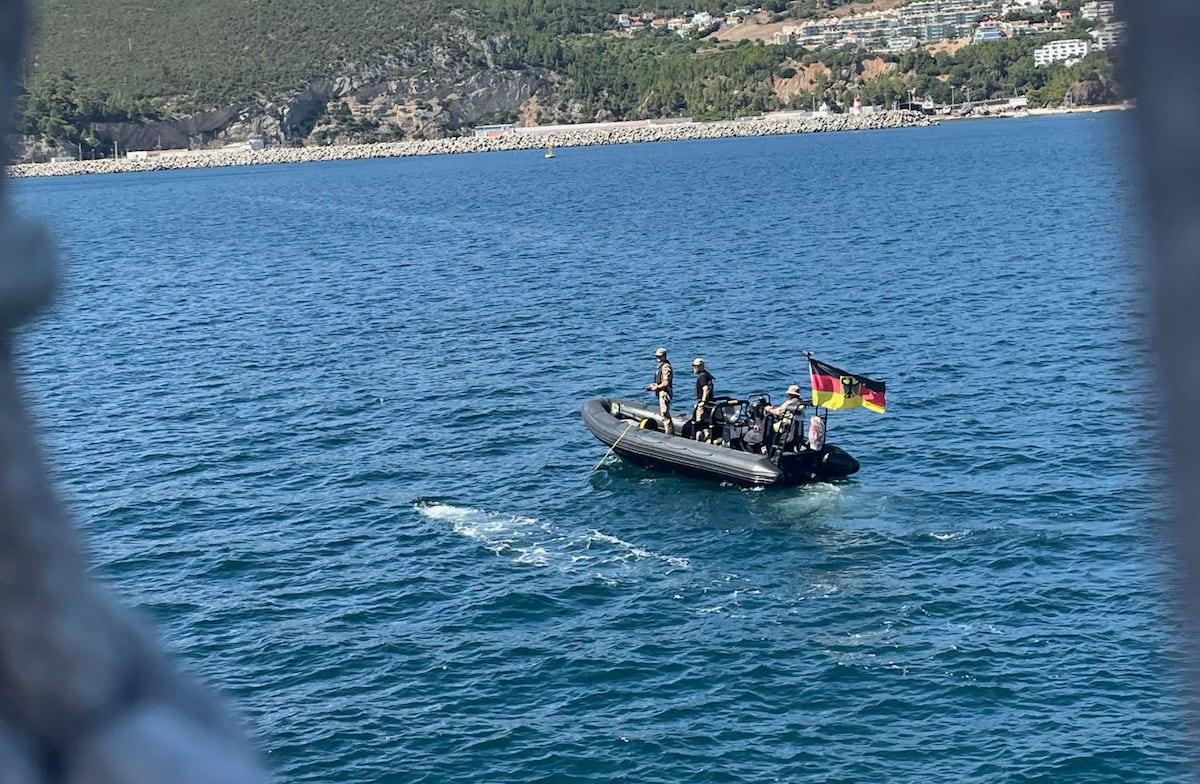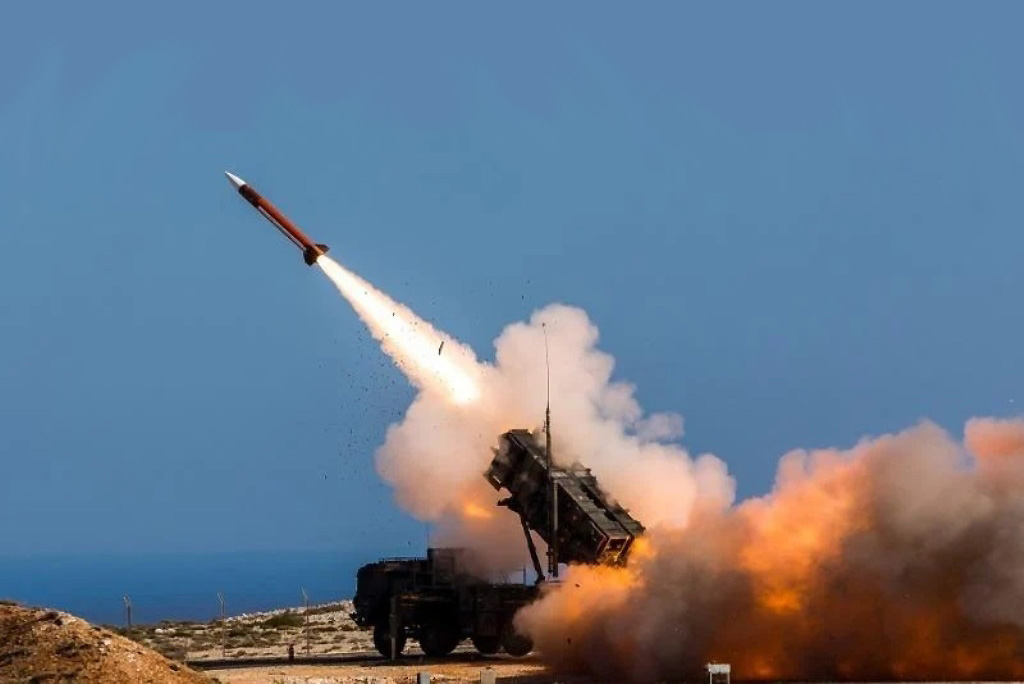Israeli Military Action in Qatar: Strategic Implications and International Ramifications
Context of the Strike
On Tuesday, Israel executed a military strike against Hamas leadership based in Qatar, a significant escalation amid ongoing negotiations for a ceasefire in the Gaza Strip. This operation struck the territory of a key U.S. ally and raised concerns about the potential collapse of diplomatic efforts aimed at de-escalating the conflict and securing the release of hostages.
Role of Qatar
Qatar, a prosperous Gulf state and host to thousands of U.S. military personnel, has historically acted as a mediator in conflicts involving Hamas and Israel. The Qatari government characterized the strike as a “flagrant violation of all international laws and norms,” emphasizing its condemnation as thick smoke enveloped Doha following the attack.
Immediate Aftermath of the Strike
As of now, there are no confirmed reports of casualties. Hamas has historically demonstrated resilience in the face of targeted assassinations, continuing its operations in Gaza despite severe losses since the initiation of hostilities following Hamas’s attack on Israel on October 7, 2023.
Complications in Ceasefire Negotiations
The prospect of renewed ceasefire discussions appears increasingly tenuous. Israel is preparing for a substantial military offensive aimed at capturing Gaza City, which has incited widespread international denunciation. There are apprehensions within Israel regarding the operational risks and the potential jeopardization of remaining hostages.
U.N. Secretary-General António Guterres urged all parties to pursue a sustainable ceasefire rather than exacerbating tensions further.
Historical Context of Israeli Threats
Israel has a history of threatening military action against Hamas officials irrespective of their geographical location. While the Israeli government has welcomed Qatar’s mediation efforts, it has frequently criticized the Gulf nation for not exerting sufficient pressure on Hamas.
Notably, Israeli Prime Minister Benjamin Netanyahu openly acknowledged responsibility for the latest strike, a departure from typical covert operations. He cited intelligence-led decisions, following recent attacks that resulted in multiple Israeli casualties.
Operational Details of the Strike
- Israeli military claims the use of “precise munitions and additional intelligence.”
- Coordination with U.S. officials reportedly occurred prior to the strike.
- The U.S. Embassy in Qatar has issued a shelter-in-place directive for its personnel following this escalation.
Consequences for Ceasefire Dialogue
Prior to the strike, U.S. President Donald Trump had issued a “last warning” to Hamas concerning a potential ceasefire agreement, advancing a proposal purportedly calling for the immediate release of hostages.
- A senior Hamas official referred to this proposal as a “humiliating surrender document” but indicated that discussions would occur.
- An Egyptian official revealed that the strike coincided with scheduled meetings between Hamas officials regarding these negotiations.
International Reaction and Broader Implications
The Israeli strike has contributed to a sense of international isolation for Israel, with even traditional allies expressing concern over the humanitarian crisis in Gaza, which is now experiencing extreme conditions, including famine.
- UAE Foreign Minister Abdullah bin Zayed Al Nahyan expressed unwavering support for Qatar following the attack.
- The UAE has intensified warnings regarding any Israeli annexation plans in the West Bank, emphasizing that such actions could jeopardize the Abraham Accords, a pivotal agreement facilitating normalized relations between Israel and Arab states.
Saudi Arabia’s Crown Prince Mohammed bin Salman condemned the military action, labeling it a “criminal act” and a severe breach of international protocol in communications with Qatar’s leadership.
Conclusion
The dynamics of the Israel-Hamas conflict have shifted dramatically with the recent strike in Qatar, highlighting the precarious nature of ceasefire negotiations and the broader implications for regional security and diplomatic relations. Both immediate military objectives and the potential for further destabilization require careful monitoring to navigate this complex landscape effectively.





